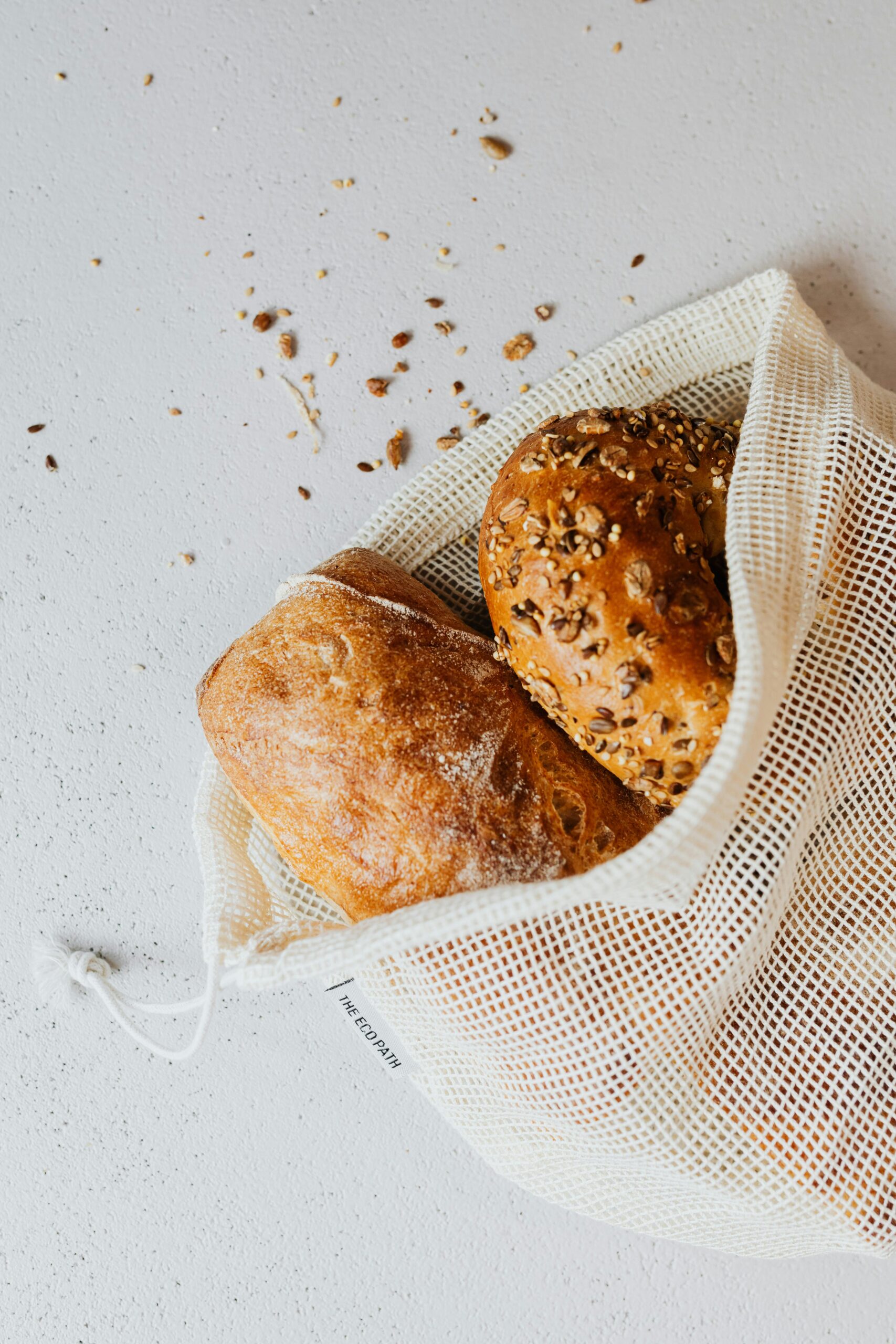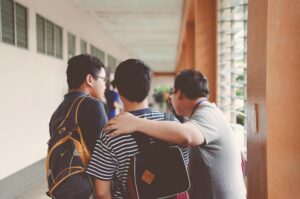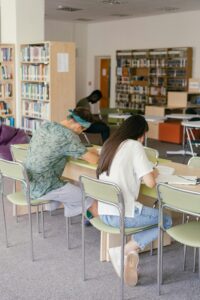This interview refers to the ZeeWaste4EU project which can be found in our Good Practices section.
GOOD PRACTICE OVERVIEW, CHALLENGES AND OPPORTUNITIES
What did you like the most about this practice?
One of the strengths of this challenge was to organize my mindset to meet the needs of food and it created a passion to prepare and consume food as much as I need to have the least amount of waste.
What did you like the least about this practice?
Forgetting, without a doubt, for the person who participates, forgetting was one of the characteristics that was repeated despite all the reminders, especially during the time of photographing the plates.
How can this practice be improved in the future?
By holding such projects along with ceremonies that include short-term and long-term challenges with prizes, it can increase people’s attention and awareness of the current issue.
Do you think your understanding of Food Literacy and sustainable food systems has been improved after implementing this practice?
It is definitely so, during these challenges, our awareness of our need for the amount of food we prepare and consume has increased, and this has made us prepare and consume as much food as we need, even after the end of the challenge.
Have you made any changes to your diet yet after implementing this practice?
As I said in the answer to the previous questions, after the end of the challenge, I unconsciously pay more attention to my own amount and needs to prepare daily food.
Do you have any ideas, how can sustainable food systems be promoted among young people/children?
One of the ideas that I have in my mind, this can be provided for university and school students by charging three meals. With this method, proper nutrition is created and food is consumed as much as needed.
Also, by holding such challenges and repeating them and appropriate advertisements, this trend can be spread among the youth.







